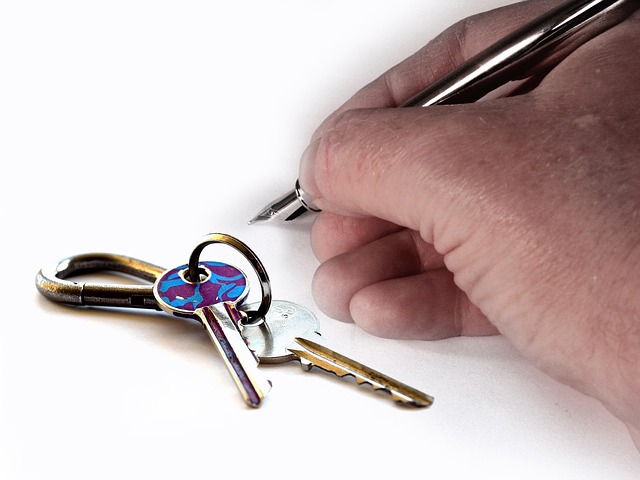 Transferring your paperwork into your new state is extremely important. There's a lot to consider. You might be dealing with your driver's license, vehicle registration, pet's license, or something else. You'll want to make sure that everything is in order once you move into your new home. You wouldn't want to run into any legal trouble just because you forgot to fill out some paperwork.
Transferring your paperwork into your new state is extremely important. There's a lot to consider. You might be dealing with your driver's license, vehicle registration, pet's license, or something else. You'll want to make sure that everything is in order once you move into your new home. You wouldn't want to run into any legal trouble just because you forgot to fill out some paperwork.
Licenses and vehicle registration
Every state requires that you transfer your licenses (driver's license, boating license, etc.) after moving from out-of-state. Make sure to check on the website of your state's motor vehicle department, because the process varies from state to state. For example, upon moving to New Jersey, you must transfer your license within 60 days of becoming a resident, while, in New York, you have only 30 days to make the change.
Every state requires that you make your license transfer in person at the DMV, or whatever the state's motor vehicle department is called. Make sure that you bring all required documents and forms. Each state has a different process for identification verification. If you don't want to make multiple trips to the DMV, then be sure to check the identification verification process for your state prior to your visit.
In addition to transferring your licenses, you must also update your vehicle's title, registration, and license plates. The process differs for vehicles that are leased rather than owned, so be sure to call the department office or find the applicable instructions online. Once transferring the appropriate documents for your vehicle, you must also have it inspected in your new state. Finally, check that your auto insurance is registered in your new state and, if not, register it.
If moving from a different country, you must obtain a valid driver's license by taking the practical and written driving tests in your state. There is also a separate process for obtaining a title for a foreign vehicle.
Voter registration
Each state requires you to update your voter registration upon moving. If you move to a different location in the same state, you need to fill out a voter registration form and check the box that says "address change." If moving from out of state, you must re-register to vote as though it were your first time.
You must be a resident of your municipality for 30 days, as well as be registered for 30 days, before becoming eligible to vote. While you can only be registered to vote in one municipality, you don't have to cancel your previous registration. Voter registration forms for your municipality can be found on your state's website, usually labeled "Elections" or "Board of Elections."
TIP: If you're still within those 30 days, you should apply for an absentee ballot. You may be able to cast your absentee ballot through the mail, via a proxy, or online. Check your state's board of elections website for more information.
Pet licensing
Almost every state or municipality requires that you obtain licenses for any dogs that you own. Licensing requirements are determined by each municipality, with some requiring cat licensing as well as dog licensing. Most likely, you will have to pay an annual fee for each license. Fees are usually under $25, and most municipalities lower the fee if you can provide documentation that your dog or cat has been spayed or neutered. Licenses and licensing information for your municipality can be obtained from the township or county clerk's office.
Finding out the legal requirements for owning an exotic pet is a much trickier matter. There are two reasons why this is true. First, there isn't a specific agency or organization that deals with exotic pets. They are different in every town, and many towns don't have any agency at all, making it necessary for you to defer to a larger power, such as the county or state.
Second, the legality and requirements vary greatly depending on the type of animal you wish to own. The best course of action is to inquire with your local government about each specific animal. If they can't help, they may be able to direct you to the right place. You can also check with the local board of health. Be prepared to make a lot of calls in order to figure out this process.
These are just the most common licenses and paperwork that you'll come across. Anything else you might need can usually be found online. As always, you can ask the county clerk or someone else in the township office if there's any other paperwork you'll need to fill out after your move.